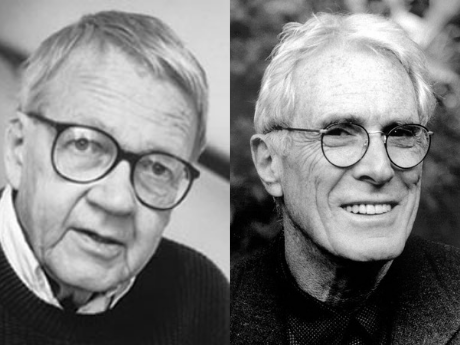
Don's precision in esthetic matters and his courtesy in personal ones masked, I believe, a vivid inwardness—an inwardness of the sort we sense in the paintings of Edward Hopper or even further back, say, in the paintings of Piero della Francesca. It may have been a sympathy with such projections of hiddeness that moved Don late in life to try his hand at painting. I can recall many instances of his phoning me up and asking me—because I had once been an art student—questions relating to technique. He wanted his paintings to look like they were done by a painter and not a poet. He had no desire to appear amateurish, nor to have it seem as though the making of his paintings entailed a struggle. In his artistic pursuits, which, it should be mentioned, also included musical composition, he was very much a purist, but quirkily and beguilingly so. Still, the work for which he will be remembered is of course his poems whose principle beauty lies in the wistful articulation and sad acknowledgement that little or nothing survives the great drama and effort that is life. Sorry news, but conveyed always with a certain dark, inimitable charm, beautifully, unforgettably.

No comments:
Post a Comment